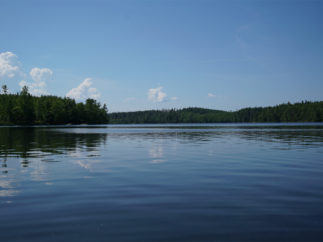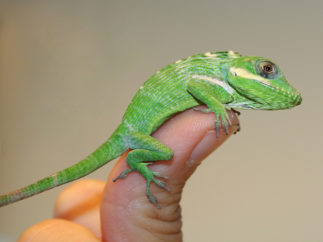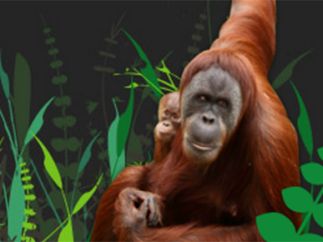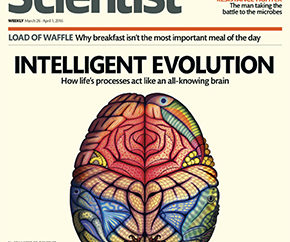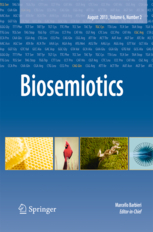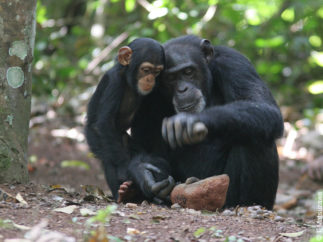‘The origins of organismal complexity’ is one of six research projects under the second theme, Evolutionary Innovations, in the Extended Evolutionary Synthesis research program. Charlie Cornwallis and Per Lundberg, together with Karin Rengefors and Lars-Anders Hansson (all at Lund University), are investigating the origins of multicellularity.
5th Summer School in Evolutionary Developmental Biology
18-21 September 2017
A TVOL interview with Tobias Uller: Orchestrating the Extended Evolutionary Synthesis project
This View of Life (TVOL) is featuring a series of articles on the Extended Evolutionary Synthesis, based on a major grant from the John Templeton Foundation awarded to our team of scientists headed by Kevin Laland (St Andrews University) and Tobias Uller (Lund University). This interview with Tobias begins to introduce the empirical side of the project, including his own contribution. The grant as a whole is organized into four themes: (1) conceptual issues, (2) evolutionary innovation, (3) inclusive inheritance, and (4) evolutionary diversification.
Who’s afraid of the Extended Synthesis?
"A new scientific truth does not triumph by convincing its opponents and making them see the light, but rather because its opponents eventually die, and a new generation grows up that is familiar with it." So wrote physicist Max Planck, in his Scientific Autobiography and Other Papers, (1949, pp. 33–34). That's a bit drastic, perhaps, but there definitely is a kernel of truth in what Planck stated. Of course, if you happen to be on the other -- conservative, shall we say -- part of any given scientific debate you will turn to a very different sort of quote for solace, like this one perhaps: "The fact that some geniuses were laughed at does not imply that all who are laughed at are geniuses. They laughed at Columbus, they laughed at Fulton, they laughed at the Wright brothers. But they also laughed at Bozo the Clown" (Carl Sagan, talking about pseudoscience, in Broca's Brain, 1979, p. 64).
PSGB 50th Anniversary Meeting
27-29 November 2017
What evolutionary developmental biology (evo devo) brings to evolutionary biology
Evolutionary biology is a very vibrant and highly successful discipline. Since its reformulation during the modern synthesis it has successfully tackled many major questions and developed into a sophisticated, powerful framework. But it is important to emphasize that there are foundational questions in evolutionary biology, questions that have motivated evolutionary biology from its inception, that remain to be adequately addressed. ‘How do novel complex traits originate?’ is such a question. How does a major invention in evolution come into being in the first place? What are the baby steps of innovation?
What animal social learning can teach evolutionary biology
In November, a colloquium of the National Academy of Sciences, entitled The Extension of Biology through Culture, celebrated a coming of age of animal social learning research. The meeting, co-organised by ourselves, Marcus Feldman and Francisco Ayala, was a striking testament to how far the study of animal culture has come in recent decades and the truly remarkable set of findings uncovered (footage of several of the talks are available here and here). Speaker after speaker described compelling evidence for social learning being central to the lives of diverse animals, including apes, monkeys, whales and dolphins, birds, fishes, insects and of course, humans. Culture (at least, broadly conceived as the social transmission of learned knowledge) can no longer be construed as the exclusive province of humanity. Social transmission is a major means by which many animals adjust to, and exploit, their environments; a revelation with important implications for evolutionary biology.
ASAB Winter Meeting 2017
7-8 December 2017
